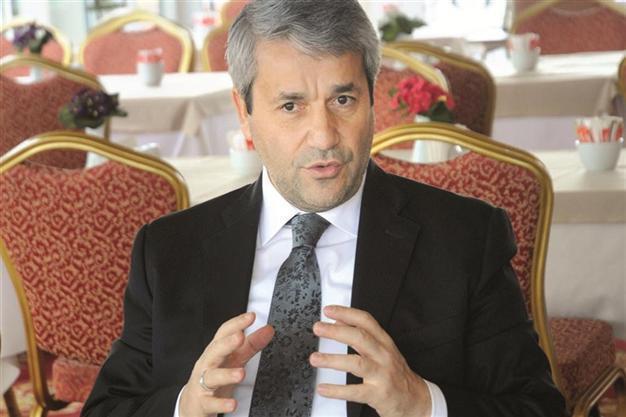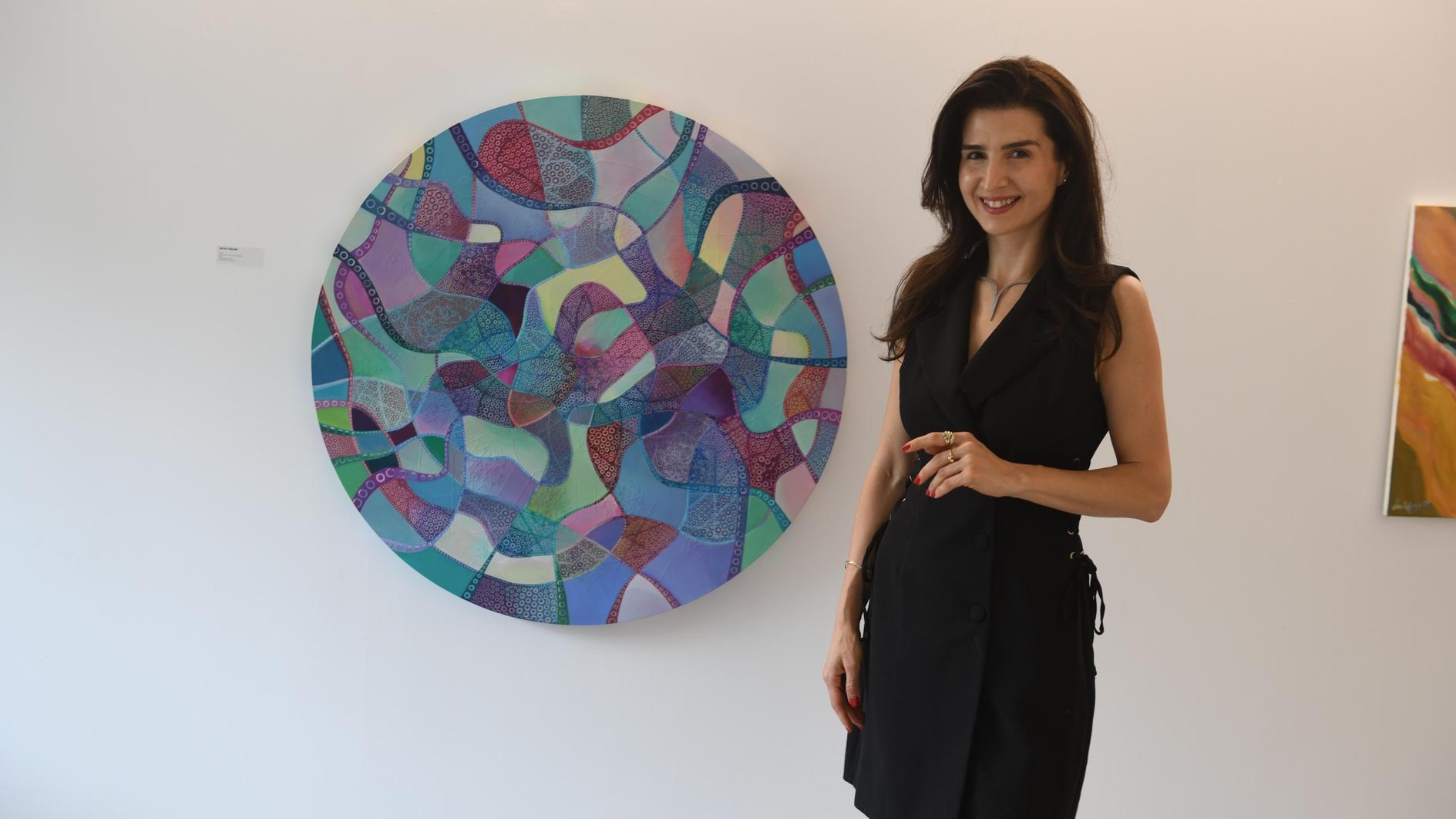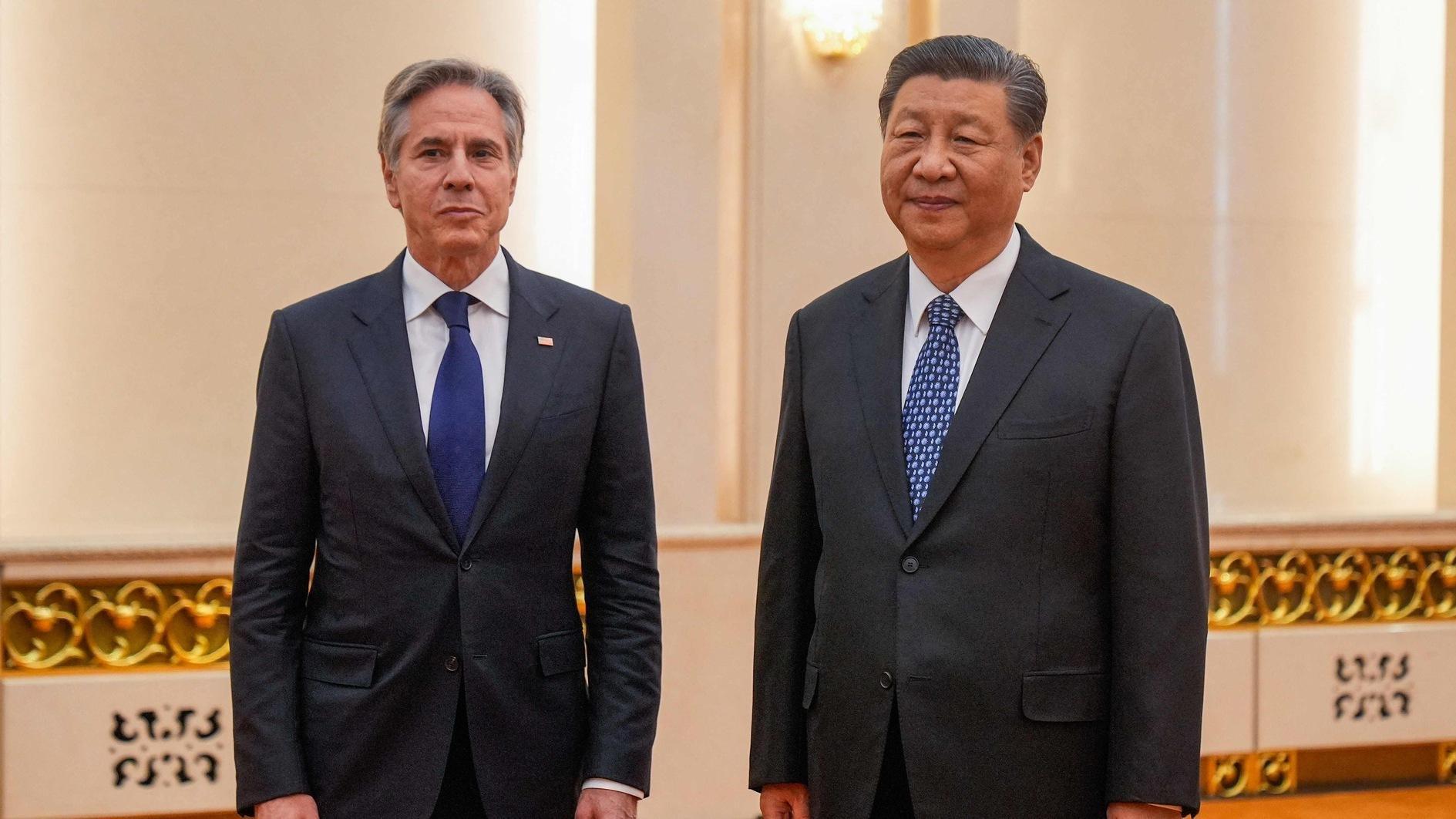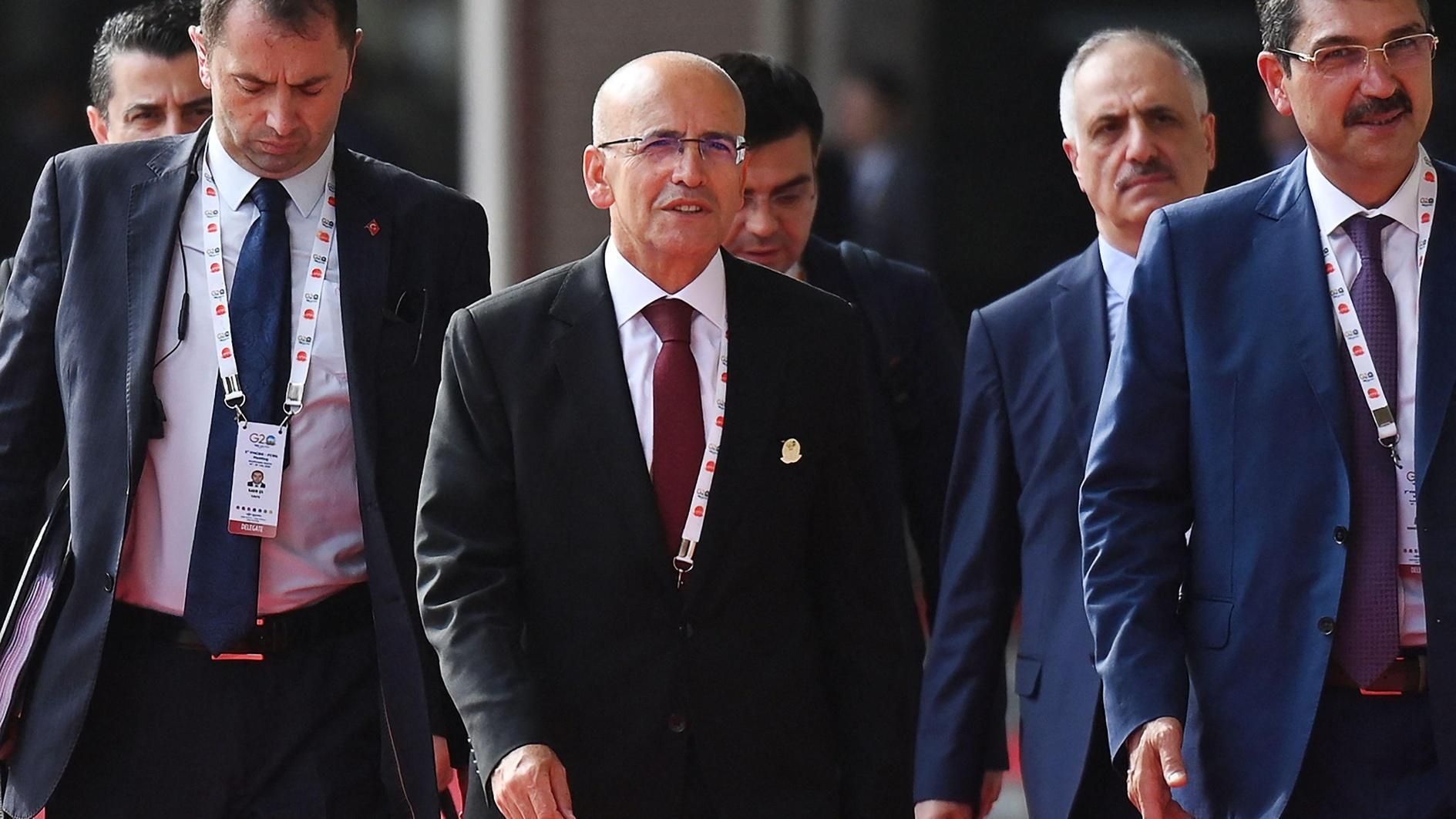Turkish government seeks leap forward with Kurdish solution bid
ISTANBUL - Hürriyet Daily News

Industry Minister Nihat Ergün. DAILY NEWS photo
A solution to the Kurdish issue will help Turkey boost its democracy, national income and technology, which in turn will help the whole region and its people realize their potential, Industry Minister Nihat Ergün has said.“This is one of the issues that will help Turkey boom. The basis for many people in the county to realize their true potential, along with political stability, is a real peace, a safe environment and an advanced genuine democracy,” he told the Hürriyet Daily News in an interview yesterday.
“Turkey could see a leap in democracy, income and technology,” he said. “This is why the solution to this issue is so important.”
Figures from the southeastern province of Diyarbakır support the minister’s statements.
The applications for investments in Diyarbakır, which has a mostly Kurdish population, jumped tenfold in the first three months of the year, a period that coincided with intensified political efforts to solve the Kurdish issue, reaching a volume that promises $1 billion.
This is only the beginning, as the process is still ongoing, but some businesspeople have already seen the potential and believe that there is no turning back from the current stage of talks, Ergün said.
“Think about a youngster who headed to the mountains [to join the outlawed militants],” the minister said. “He has the potential to become a scientist, an academic or a businessman.”
In the past 10 years, Turkey has improved its national income from a less-developed level, as both production and exports saw a shift from low technologies to medium technologies in the meantime, the minister said.
Democracy in the country also developed from a poor to medium level, he added, noting that these three issues were closely linked.
The country’s projection for the upcoming decade is to improve in these three areas to an advanced level, Ergün said.
As the solution to the Kurdish issue may help the country raise its democratic standards, a shift in the nature of production to a higher technology would help Turkey reach its economic goals, he said.
A comparison with the European powerhouse Germany offers insight in the matter.
A kilogram of Turkish exports generate $1.5 on average while the figure for Germany stands somewhere between $7 and $8, Ergün said.
“The volume of goods that Germany sells does not amount to half size of that of Turkey in weight,” he said. “But it is four or five times more valuable.”
Steps forward in satellite technologies are one prominent example, he said. The satellite developed by Turkey and launched by China in December last year weighs only 400 kilograms, but is worth 200 million Turkish Liras, he said.
Turkey is working on developing its own launching system for both domestic satellites and ones from abroad as it is also trying to broaden the properties and make specialized equipment for agriculture for example.
A group of Turkish architects are working in Japan with local engineers, he said.
Increasing the ratio of research and development spending relative to the national income is a crucial goal, according to Ergün.
This ratio stood at a little less than 0.5 percent 10 years ago, when the national income was around $230 billion, he said.
Today, the figure stands at around 1 percent as the national income has risen to nearly $800 billion.
The 10-year goal is to push it to 3 percent, which is around the European average.
Improving the share of the private sector in the share of research and development is another goal.
Research and development spending by private firms stands at around one-third of the sum spent by the government on the rest, Ergün said. “We want to [improve] this by 2023.”
















